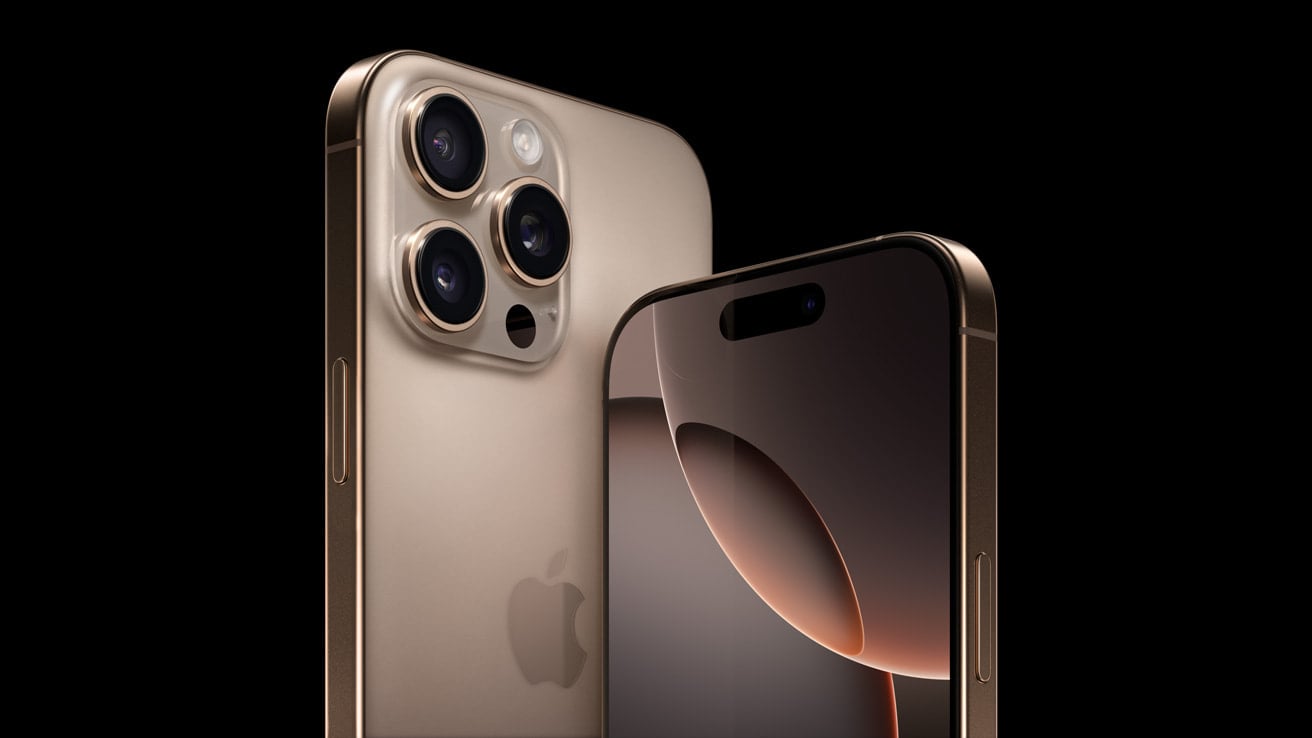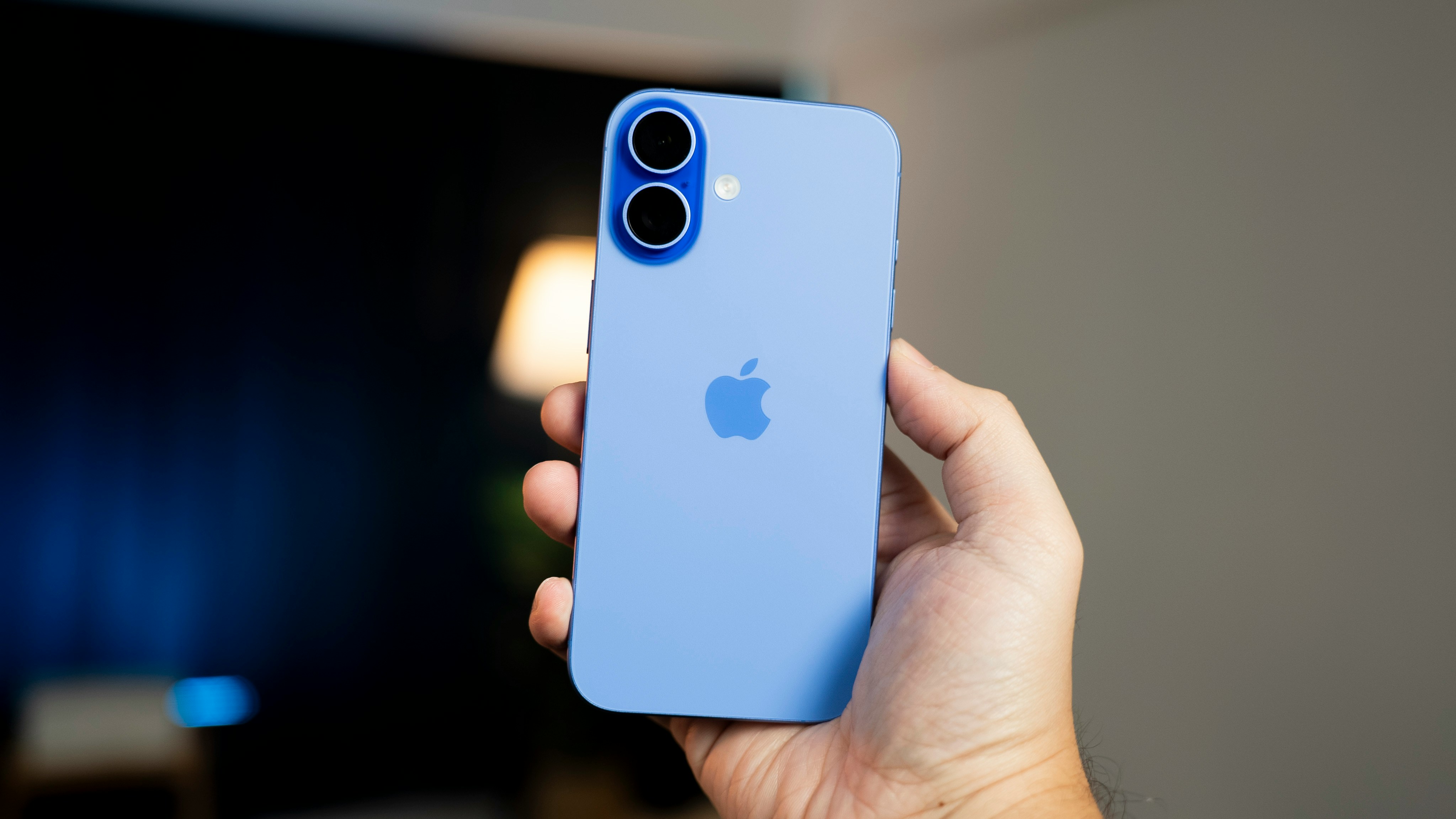Apple is reportedly in talks with Chinese tech giants Tencent and ByteDance to integrate their artificial intelligence (AI) models into iPhones sold in China. The discussions follow Apple’s earlier struggle to implement AI features in the country due to data security concerns raised during negotiations with Baidu.
The integration is expected to bring local generative AI services to Chinese users, complementing Apple’s global rollout of its in-house AI assistant, or Apple Intelligence, which features on the iPhone 16. However, upon the launch of the iPhone 16 in China in September 2024, those capabilities were notably absent, leading local consumers to voice their disappointment on Weibo. But despite the glaring omission, sales of the flagship model outperformed those of its predecessor, the iPhone 15, by 20% in the first three weeks.

China remains a critical market for Apple and also its most competitive, according to CEO Tim Cook. The Cupertino company faces stiff competition from industry rivals like Huawei and Xiaomi. Huawei, for instance, recently launched the Mate 70 line, which has an improved homegrown chip and Android-free OS with advanced AI capabilities. Similarly, Xiaomi’s 15 series boasts AI-powered features including real-time translation and interpretation, as well as precise photo editing software.
As such, the potential introduction of generative AI could provide Apple with a competitive edge in the region’s fiercely contested smartphone market. By leveraging Tencent and ByteDance’s established AI frameworks, Apple can ensure compliance with Chinese data privacy laws while meeting the growing demand for AI-enabled devices. Tencent operates China’s ubiquitous WeChat app, which has an extensive ecosystem of in-app programs, while ByteDance runs TikTok and its Chinese counterpart, Douyin. Both companies possess advanced generative AI technologies tailored to Chinese users.
If successful, the partnership could allow iPhone users in China to access localized AI features, such as virtual assistants and content generation, seamlessly integrated into Apple’s broader ecosystem. As the company navigates regulatory hurdles, consumer expectations, and a challenging smartphone landscape, a collaboration with Chinese tech leaders could redefine the role of AI in the iPhone product universe. More importantly, this could be a pivotal step for Apple to maintain its foothold in China.
Banner image via Unsplash.
















